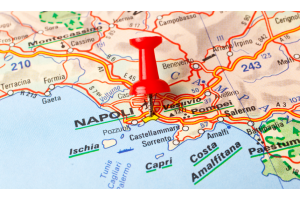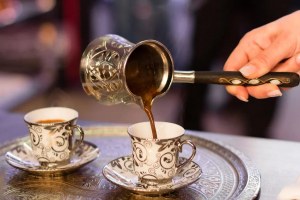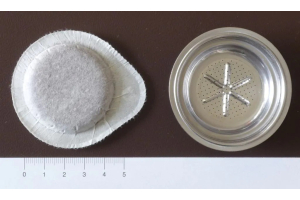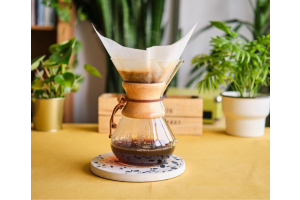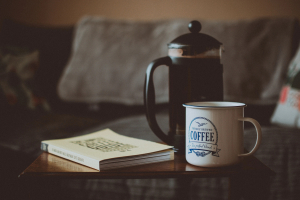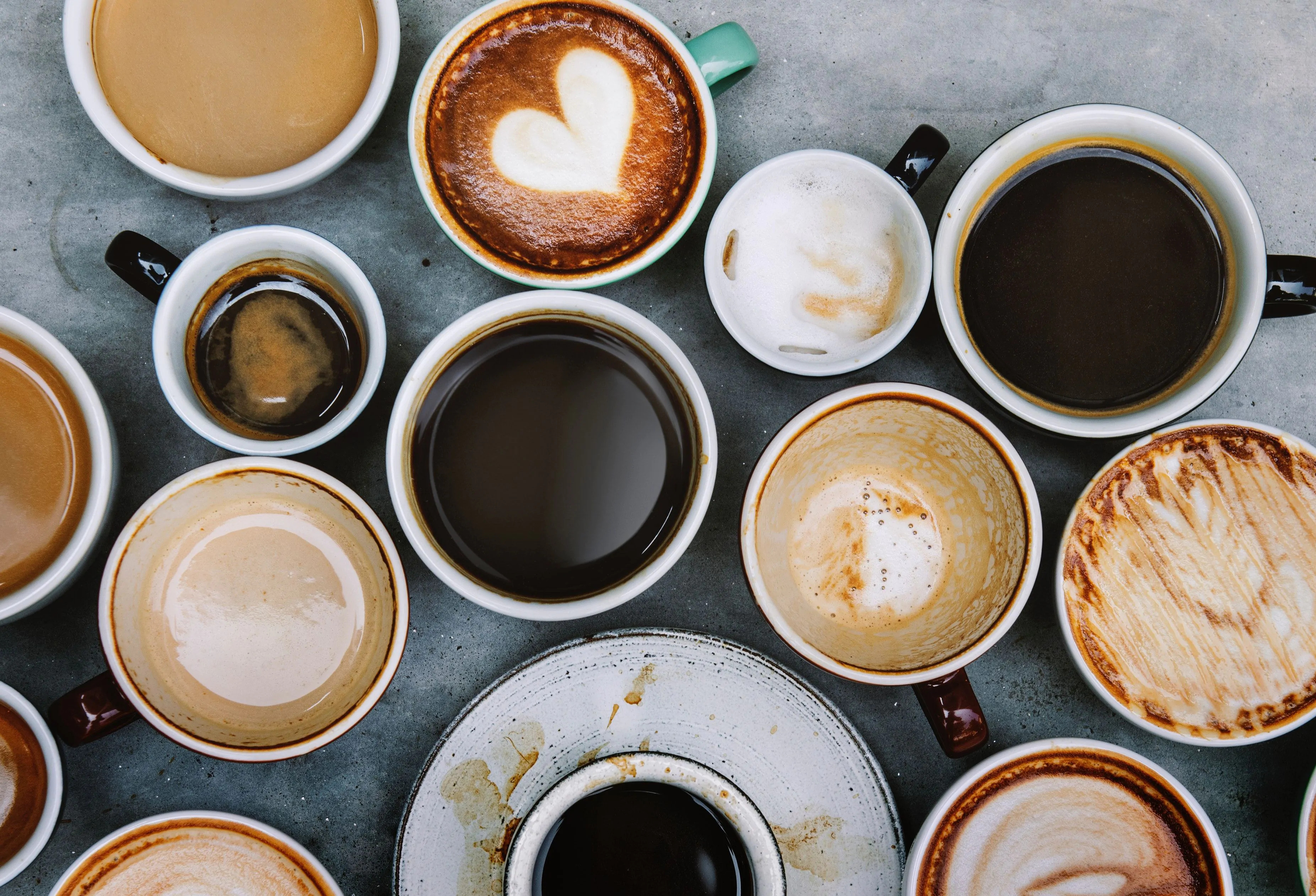
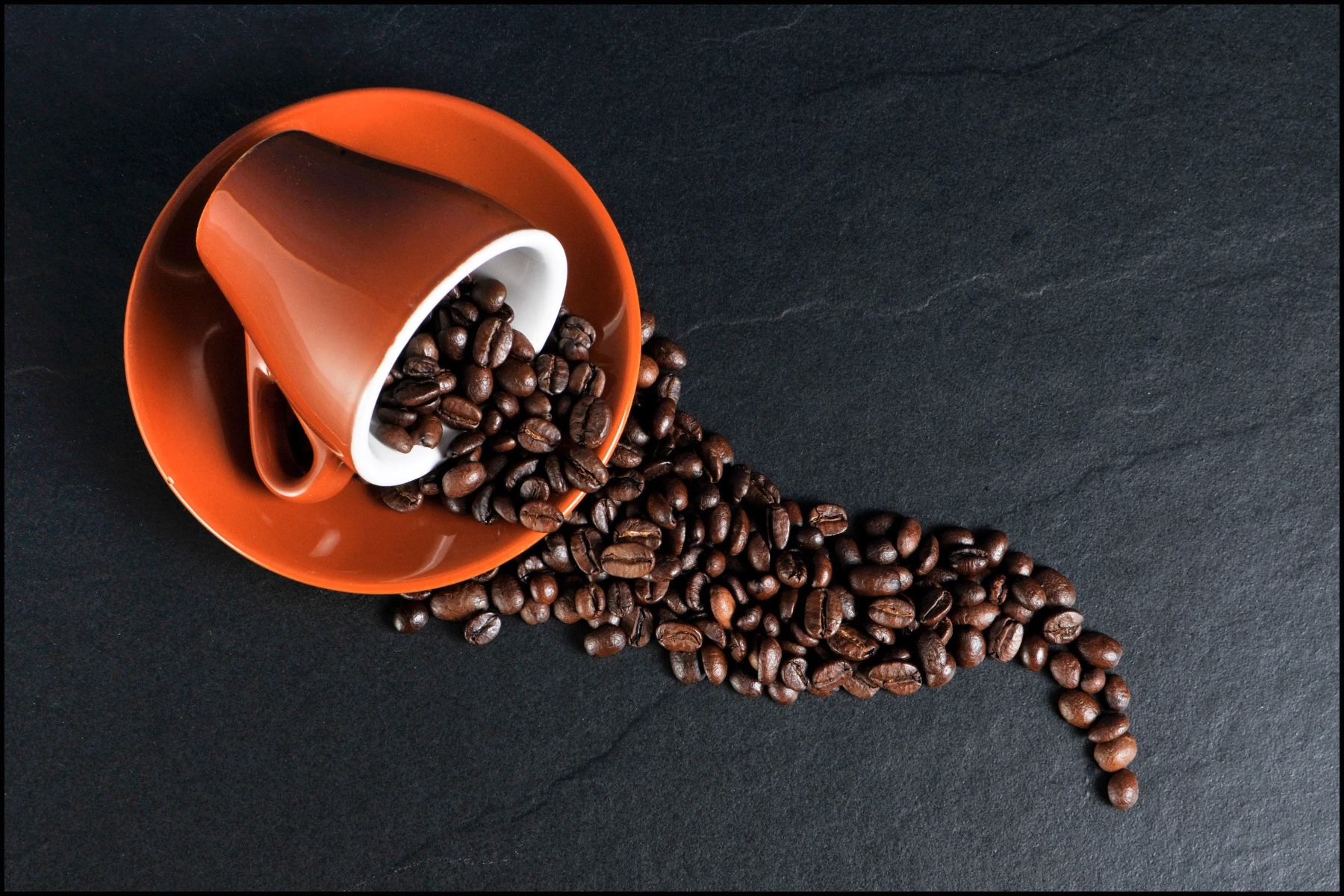
What is decaf coffee and how is it made?
Decaf coffee: some love it because it’s a great way to enjoy coffee without the effects of caffeine, while others don’t care for it at all. But how is decaf coffee made en what are the advantages? We’ve compiled all the facts here:
What is decaf coffee
Decaf coffee is coffee without caffeine. Or well, less caffeine. A cup of decaf coffee still has 2 to 4 milligrams caffeine. However, this is such a small amount (a cup of normal coffee has about 85 milligrams) that you won’t notice the effects of caffeine.
How is decaf coffee made
The decaffeination process starts before the beans are even roasted. The goal is, of course, to remove the caffeine while keeping the intense coffee flavor. This can be done in four different ways. Because caffeine dissolves in water, each of those four methods involve water. Here are the four ways to make decaf coffee:
Indirect use of a solvent
This method uses a solvent to remove the caffeine from the bean. To do this, the beans are soaked in nearly boiling water for a couple of hours. This transfers all the caffeine, other (taste)elements and oils from the bean to the water. This water is then washed for ten hours with methylene chloride or ethyl acetate. The molecules of these solvents only tie to the caffeine. After those ten hours, the water is heated which causes the solvent and caffeine to evaporate. Now the water only consists of the taste elements and oils. The beans are then added to this water to soak up the taste elements and oils, without the caffeine!
Direct use of solvents
Just like with the last method, this method uses methylene chloride or ethyl acetate. However, here the solvents are directly used on the coffee bean. By steaming the coffee beans for thirty minutes, the pores of the bean open up and the solvent can be poured on the beans. The beans are then washed for ten hours with these solvents. Again, the solvents only attach themselves to caffeine, which makes the caffeine leave the bean. When those ten hours are done, the beans are steamed again to evaporate the remaining caffeine and solvent.
Swiss Water Process
The Swiss Water Process doesn’t use any solvents. This method soaks the coffee beans in water for a couple of hours. The caffeine and other elements transfer to the water again, but instead of adding a solvent, this water is processed by a filter. A special charcoal filter is used. Only the smaller (taste)elements and oils are sieved through this filter, the bigger caffeine molecules can’t get through.
You would think that the filtered water is then added to the beans it came from. However, this is not true because the beans are actually thrown away! A new batch of beans is now soaked in the filtered water. Because this water is already full of elements and oils, only the caffeine escapes the beans. Leaving them without caffeine but with a lot of taste!
CO2
This last method uses CO2 to separate coffee beans from their caffeine. After the beans are soaked in water again, they are put in a steel vessel. To this vessel, high pressure, liquid CO2 is added. Just like with the solvents, the liquid CO2 only attaches itself to the caffeine. The caffeine-free beans are then removed from the vessel and the CO2 with the caffeine are transferred to another container. The pressure of this container is then released, which makes the CO2 gaseous and the caffeine evaporate. The CO2 can then be re-used for the next coffee beans!
The advantages of decaf coffee
Drinking coffee has many health advantages. According to the Dutch Foodcenter, people that drink coffee have less chance to get heart and vascular diseases and diabetes. When you switch to decaf coffee, you will still benefit from these advantages, just without the caffeine.
The Foodcenter recommends an intake of caffeine of about 400 milligrams per day. That translates to about four cups of normal coffee per day. But, when you enjoy decaf coffee, this limit doesn’t count! You can drink as much coffee as you like.
And you can also drink it just before you go to bed, since the caffeine won’t keep you up all night.
Feel like a good cup of decaf coffee now? Have a look at our decaf coffees!




